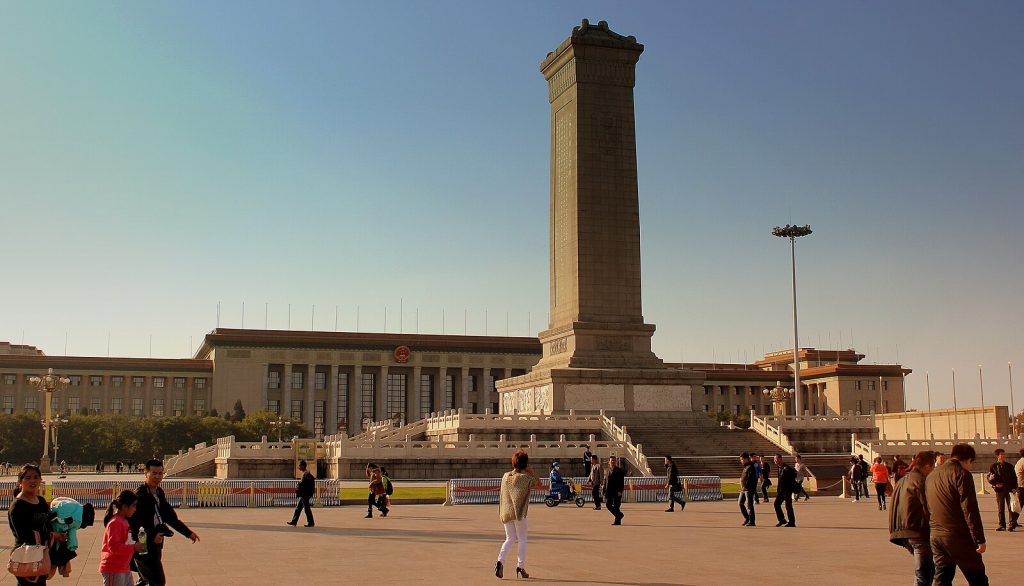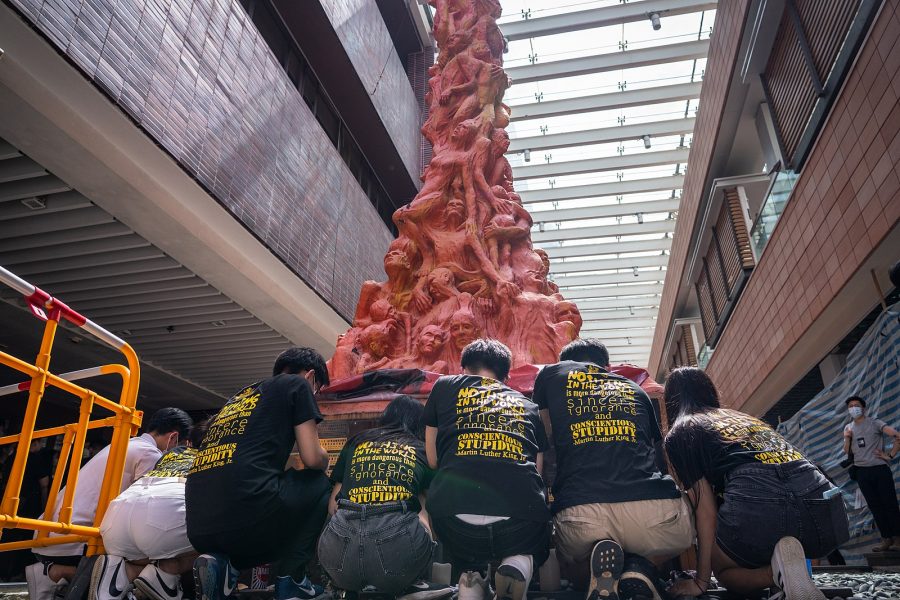How the anniversary of the Tiananmen Square Massacre is being remembered globally

Austin Taylor explores how the Tiananmen Square protests are commemorated around the world and how the memory of the tragedy is preserved
On June 4th, 1989, the soldiers and tanks of People’s Liberation Army marched into Tiananmen Square in Beijing and massacred up to thousands of unarmed Chinese students. The death toll has been controversial and contested since the incident due to Chinese state censorship, with the official figure having been 300, whilst other estimates, including that of the the Chinese Red Cross, being closer to 3,000. The massacre took place after thousands of students had camped out in Tiananmen Square amidst democracy protests that shook China and Chinese people across the globe. The protests were perpetuated mostly by student and workers’ unions and had a range of goals that centred around democratic reform in China. The brutal response of the Chinese Communist Party (CCP) shocked and disturbed a world that had looked hopefully at the increasingly liberal China of Deng Xiaoping. Any hope for democracy in mainland China was utterly crushed, and the crackdown resulted in the extreme limits on political expression in China that are still in place today.
With mention of the Tiananmen protests being taboo and fiercely repressed by the government, communities outside of mainland China, particularly where the Chinese diaspora is prominent, choose to hold vigils in remembrance of those protestors who were killed.
The standard bearer for these vigils has traditionally been Hong Kong, for whom the events of 1989 were particularly disturbing considering their then impending handover from British to Chinese rule in 1997. An annual vigil has been held in Victoria Park, there, with upwards of 180,000 people attending the 30th anniversary event amidst the 2019-20 protests. Since then, though, Hong Kong police have increasingly cracked down on any commemorations of or even references to the massacre, arresting attendees and, this year, attempting to replace the vigil with a pro-Beijing food festival. With Hong Kong’s traditional vigil absent, it has fallen to others to mourn the victims.

Taiwan has taken the lead in this respect. This June 4th, it held a large vigil at Democracy Square on the grounds of the Chiang Kai-shek Memorial Hall in Taipei. The event was also host to booths for other political causes, including Tibetan and Hong Kong civil society groups. A large replica of the Pillar of Shame, a sculpture memorialising the Tiananmen victims that resided at the University of Hong Kong until its removal by university authorities in 2021, was also put on show.
Vigils and memorials were also held in Japan, Canada, Australia, Germany, and the USA. Many of these were attended and organised by the large Chinese communities that exist in these countries.
In London, hundreds of Hong Kong nationals and mainland Chinese gathered in Trafalgar Square to march outside of the Chinese embassy, chanting the “we demand freedom of speech” slogan of the original 1989 protestors. A candlelit vigil, attended by various Hong Kong democracy activists, was organised in Kingston-upon-Thames, whilst Birmingham and Leeds also played host to June 4th events.
Here, in Exeter, there was no publicised commemoration, but we do still have our student-built Tiananmen memorial on campus.

The events of June 4th 1989 are important for many reasons, not least amongst them their significance for student activism and the Chinese democracy movement. Despite its best efforts the CCP has been unable to suppress memories of Tiananmen as it is still commemorated worldwide every June.


